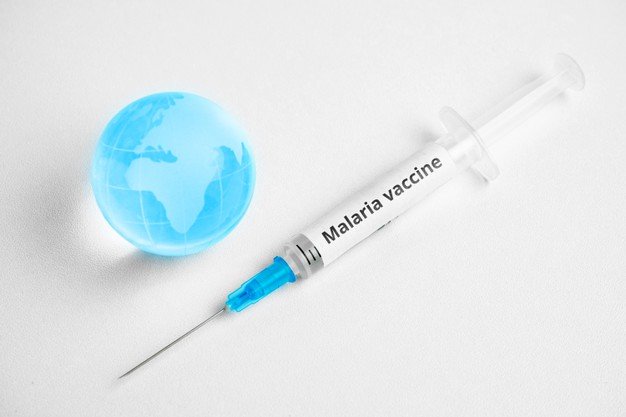
Photo Credit: Freepik
A malaria vaccine created by scientists at the University of Oxford’s Jenner Institute has been found to be 77% effective in early-stage trials. It is the first malaria vaccine to meet the WHO’s target of 75%.
The Phase IIb trial of the vaccine candidate, R21, enrolled 450 children in Burkina Faso, a country in West Africa.
The vaccine candidate was developed in collaboration with Novavax and the Serum Institute of India (SII). The jab is being hailed as a potential breakthrough and has shown the efficacy of 77% over a follow-up period of 12 months.
R21 is the first malaria vaccine to meet and exceed the World Health Organization’s (WHO) vaccine target of 75% efficacy against the deadly disease. A more extensive Phase III trial is now underway involving 4,800 children aged 5-36 months in four countries. Vaccine safety, immunogenicity and efficacy in participants will continue to be assessed for another 12 months.
The Oxford vaccine will be manufactured on a large scale and at low cost by SII, which is also involved in manufacturing the Oxford/AZ Covid-19 vaccine. The malaria vaccine uses Novavax’s Matrix-M adjuvant to enhance the elicited immune system response.
“Novavax’ Matrix-M adjuvant used with the Oxford R21 antigen both minimizes the dose required and thereby increases the number of doses available and stimulates a highly effective immune response that could protect the world’s most vulnerable population, children,” said Novavax R&D president, Gregory Glenn.
SII is committed to supplying 200 million doses of the vaccine annually after licensure at a very cost-effective price.
Before reaching the inevitable challenges of manufacturing and distribution, the promising Phase IIb results for R21 will have to be confirmed in a larger Phase III trial, which is currently recruiting across four countries in Africa.




